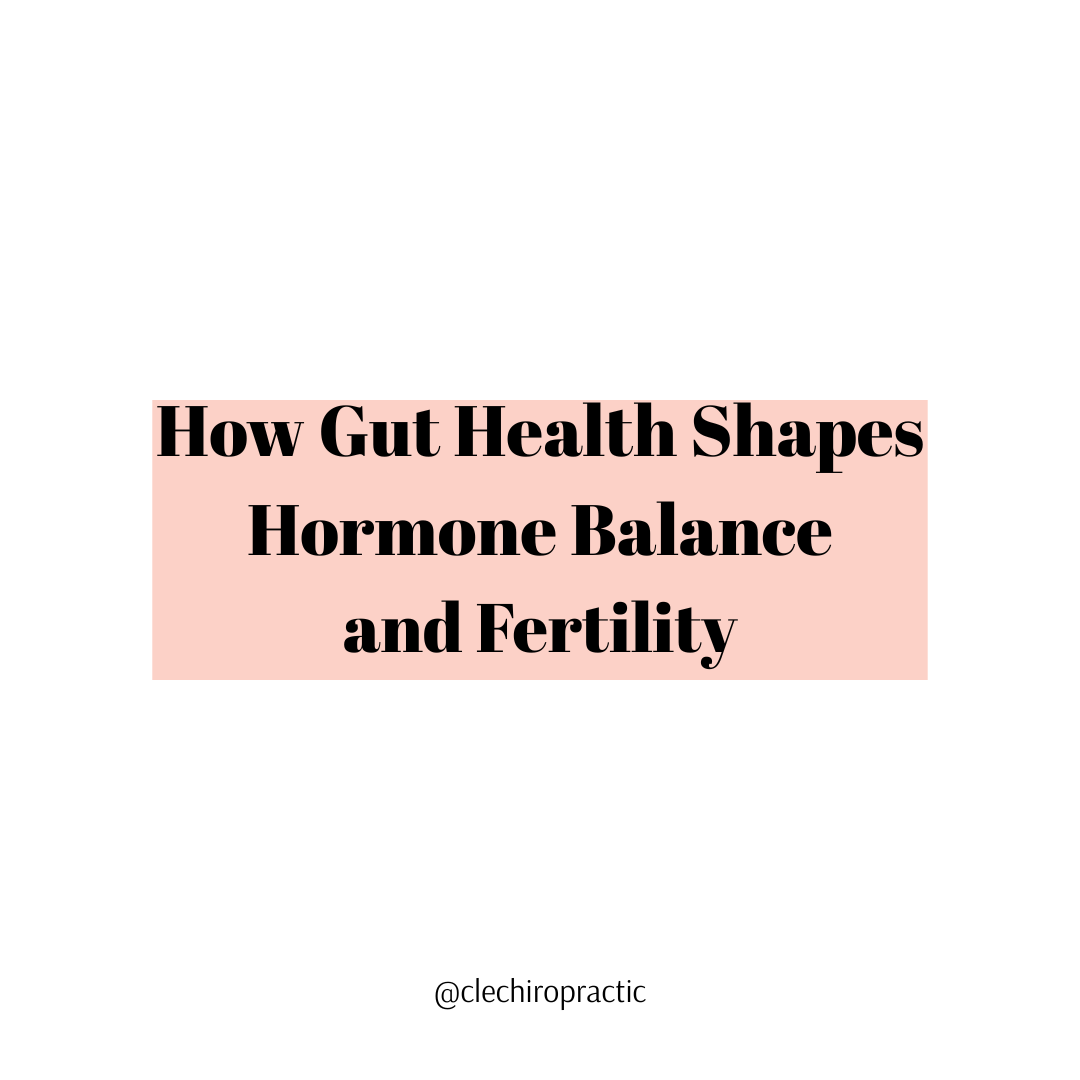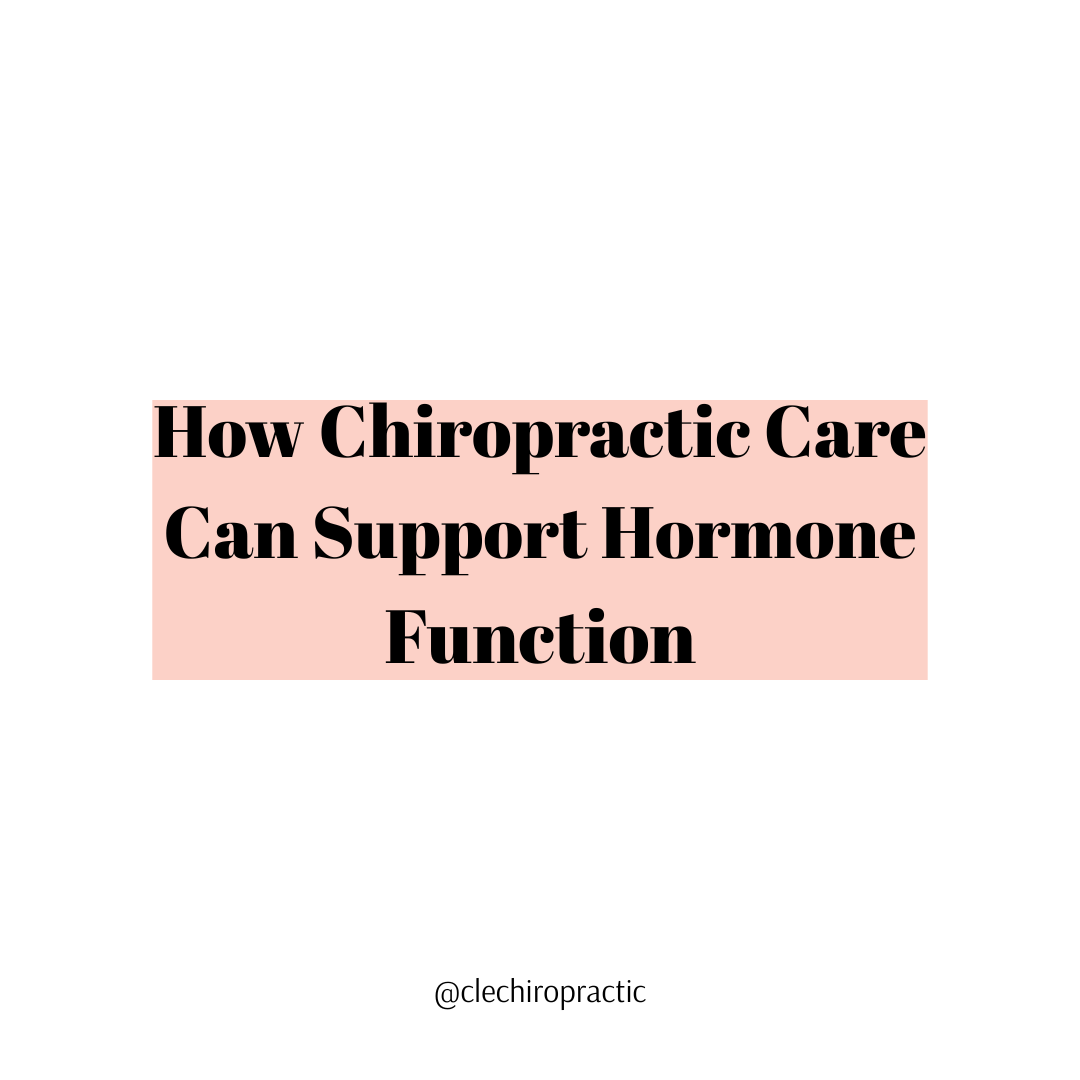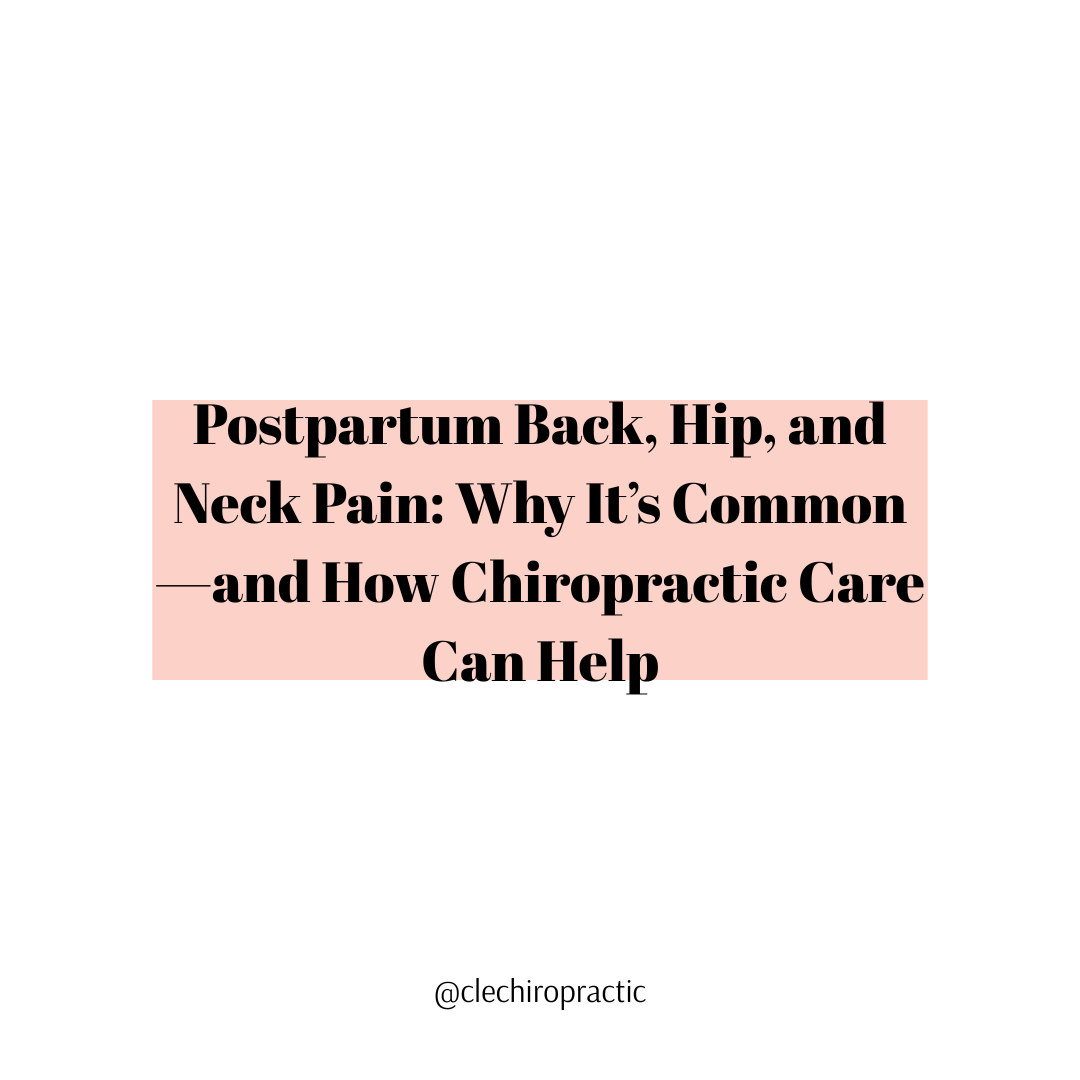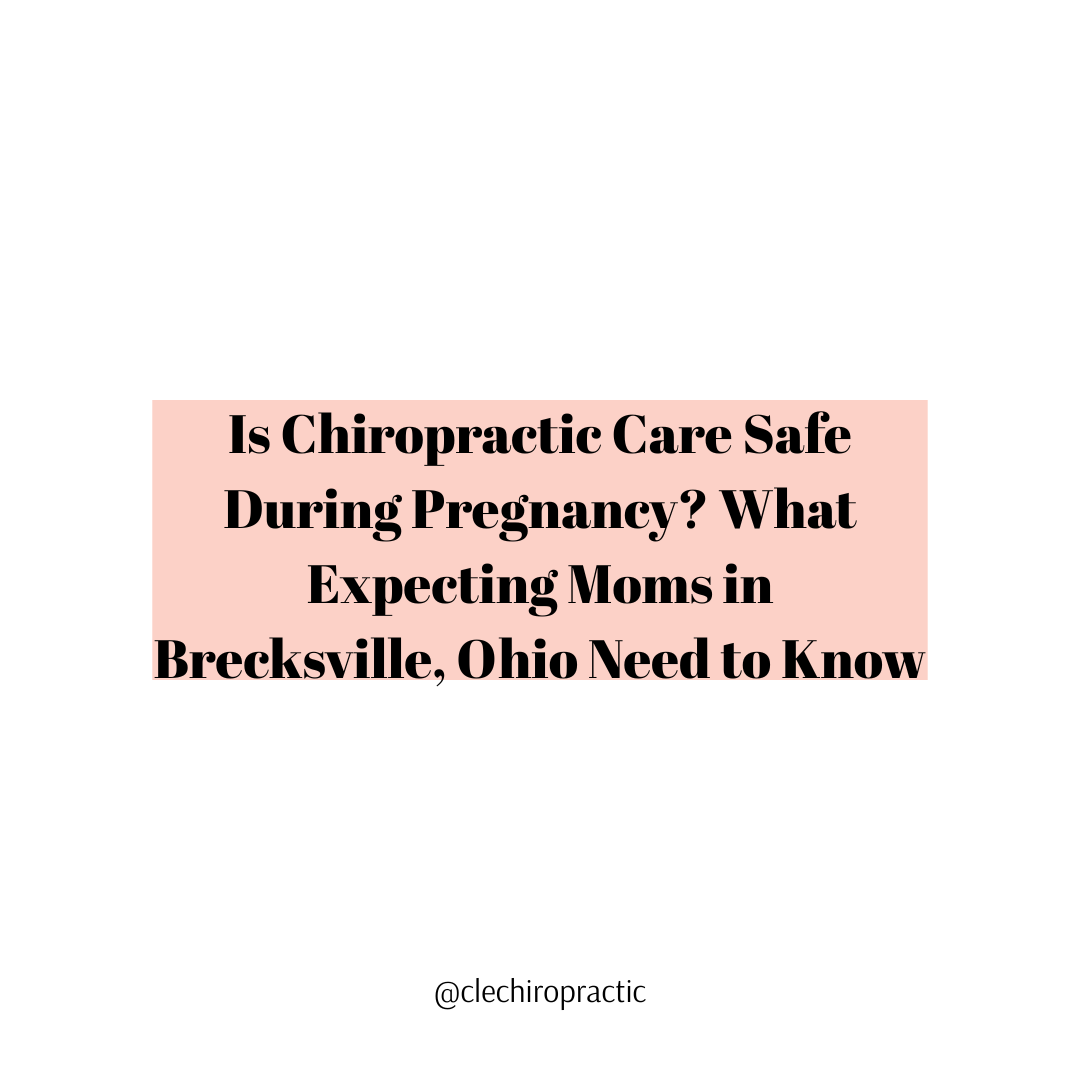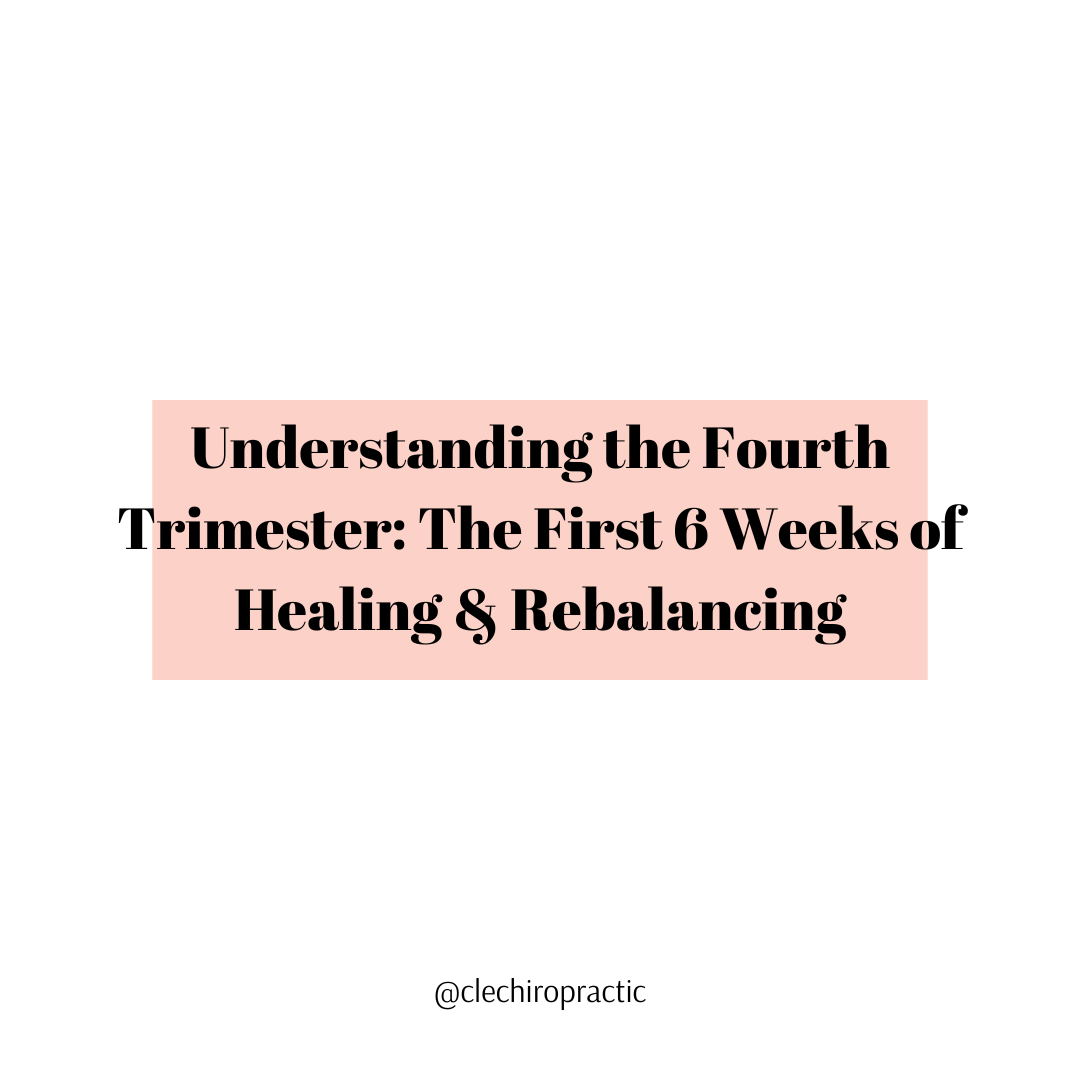Spring is just getting started and before we know it summer will be here. Now is a great time to start preparing for summer…especially being in the hot summer sun! Sun exposure is important and has many health benefits, but it’s important to understand safe sun exposure practices. Most people know that the best way for our bodies to get Vitamin D is from the sun, but what many don’t know is that if we don’t have the right nutrients, not only are we not able to convert the sun’s rays into Vitamin D but we are also more likely to get sunburn. Due to changes in hormones, pregnant and postpartum women tend to react differently to sun and not tolerate heat the same. Recognizing these changes and practicing safe, smart habits is beneficial. It is also important to practice safe sun exposure for infants and children.
So what can you do to prepare for the summer sun for you and your family? Check out the list below for tips on how to stay safe in the sun naturally:
1. Eat a lot of fat! That’s right—fat helps with sun exposure! Diets rich in healthy fats such as coconut, avocado, fish, nuts, and seeds can protect the skin from sunburns. Fatty acids nourish and protect the skin, help with sun absorption, and are important for calcium function. Calcium and Vitamin D work together to help support many normal body functions including bone health, cell function, and immune function. Being able to properly absorb the sun’s rays and make Vitamin D helps the immune system be more balanced and our cells are healthier. You can supplement with Vitamin F to help your body get enough of the essential nutrients it needs to convert the sun’s rays and avoid burning. Making sure you have plenty of Vitamin F weeks before sun exposure may help improve sun absorption and conversion to Vitamin D.
2. Get plenty of calcium! Calcium is essential for your body to absorb the sun’s rays and convert it to Vitamin D. Without enough calcium, the rays from the sun stay in the first few layers of our skin and overtime turn the skin tough and leathery. Consuming plenty of calcium and healthy fats help with the absorption and processing of the sun’s rays. Calcium is vital for optimal cell function and immune health. Good sources of calcium include green leafy vegetables, grass-fed dairy, and some fish. Taking a quality calcium supplement may be important to insure you are getting enough of this vital nutrient.
3. Stay hydrated! Drinking plenty of water is helpful and something your body needs more of and craves when it’s hot. If you’re sweating a lot, make sure to replenish your minerals by drinking electrolytes. A simple way to do this is to add Himalayan sea salt to your water. Coconut water and electrolyte drinks such as NOOMA, LMNT, and Ultima are good options as well.
4. During pregnancy and postpartum, changes in hormones affect how your body metabolizes foods and converts the sun’s energy to vitamin D. In addition to hormone changes, increased blood volume and circulation play factors in this process as well. You may notice that you are more sensitive to the sun and overheat easier. You may need to decrease your time in the sun and avoid being in the heat, especially for prolonged periods.
5. Enjoy the morning sun. Afternoon sun is often too intense for us and our bodies. Historically, we would have been out in the morning and evening. Starting in the morning will help your body buildup exposure and can start your day with an opiate boost which can give you energy and put you in a good mood.
6. Only get as much sun exposure as your skin is ready for. Work your way up to being in the sun for longer and longer periods of time. Be sure to monitor how long you are out in the sun, especially on cloudy or windy days at the beach or while in the water. Due to our skin feeling cool due to the water and breeze, we may not notice how much sun exposure we are actually getting. If you have been wearing sunscreen, you may need to re-apply throughout the day.
7. Closely monitor children’s time in the sun. While it is very important for babies and kids to outdoors and exposed to the sun, their skin is much more sensitive. Pay attention to how much time they have been outside and in the sun. Provide them with shade or put on light clothing to minimize exposure, especially early on in the season.
8. Seek shade! If you are outside for a longer period of time than your body is ready for, find shade. If you aren’t going to be near a shady spot, cover up with a light shirt and wear a hat.
9. Use a natural sunscreen. Most commercial sunscreens have toxic ingredients that may affect hormones or cause other health issues. Opt for a more natural brand such as Badger, All Good, Think Sport, or find a natural handmade option. You can even make your own using natural ingredients. Coconut oil, carrot seed oil, zinc oxide, and other herbs and oils have natural SPFs. If you’re going to be outside for only a short period of time, try not to wear sunscreen. Overtime, you can build up tolerance to being outside in the sun and not needing to use as much sunscreen, if you need any at all. Be aware that everyone’s body and skin types vary; before changing your skincare or SPF routine, consult with your doctor.
10. Remember: Regular sun exposure is the most natural way to get enough vitamin D. To maintain healthy blood levels, aim to get 10–30 minutes of unprotected (no sunscreen and not wearing long sleeves or pants) in the midday sunlight, several times per week. People with darker skin may need a little more than this. Your exposure time should depend on how sensitive your skin is to sunlight.
11. Keep yourself cool with a spray bottle. Misting yourself can help cool down your skin and keep your skin hydrated. You can even add 5 drops of peppermint oil to your spritzer bottle to enhance the cooling effect. (Note: If you are pregnant or nursing, talk to your healthcare provider before using essential oils)
12. If you get sunburned and you have a spot that is taking a long time to heal, watch it. Try not to get burned in the same place over and over. Watch your moles for any changes and be sure to have anything suspicious checked out). You can make natural ointments using aloe, witch hazel and coconut oil to help with healing if you do get burned. The aloe and witch hazel promote healing and hydration while the coconut oil helps provide moisture (and also helps with healing).
Being in nature in the sunlight is one of the best things we can do for our body, mind, and soul. Incorporating these helpful tips can help you and your family enjoy more time in the sun and less time recovering from sunburn or overexposure. So get out there and enjoy the radiant sun responsibly!

